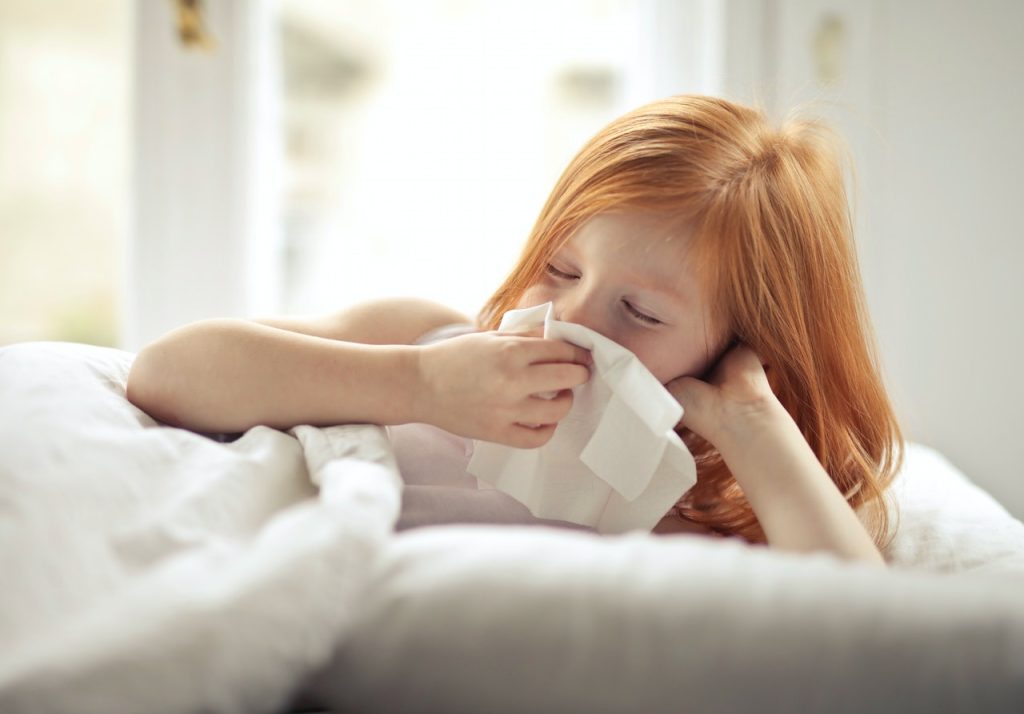RSV Vaccination of Pregnant Mothers Reduces Infant Hospitalisations by 72%

Researchers found the respiratory syncytial virus (RSV) vaccine, introduced across the UK in late summer 2024, led to a 72% reduction in babies hospitalised with the virus if the pregnant parent was vaccinated.
The findings, published in The Lancet Child and Adolescent Health, are the first to show the real-world effectiveness of the vaccine during pregnancy in the UK.
Uptake of the jab among those who are pregnant could help to limit the number of sick babies each winter, reducing hospital pressures, experts say.
Virus protection
RSV is a common virus that causes coughs and colds but can lead to a severe lung infection called bronchiolitis, which can be dangerous in babies, with some requiring admission to intensive care. The virus is the main infectious cause of hospitalisation for babies in the UK and globally.
Receiving the vaccine during pregnancy helps to protect both parent and baby. Antibodies produced by the parent in response to the vaccine are passed to the foetus, providing protection from severe RSV for the first six months after birth.
Hospital admissions
The research team, led by the Universities of Edinburgh and Leicester, recruited 537 babies across England and Scotland who had been admitted to hospital with severe respiratory disease in the winter of 2024-2025, the first season of vaccine implementation. 391 of the babies tested positive for RSV.
Parents of babies who did not have RSV were two times more likely to have received the vaccine before delivery than the parents of RSV-positive babies – 41% compared with 19%.
Vaccinate early
Receiving the vaccine more than 14 days before delivery offered a higher protective effect, with a 72% reduction in hospital admissions compared with 58% for infants whose pregnant parent was vaccinated at any time before delivery.
Experts recommend getting vaccinated as soon as possible from 28 weeks of pregnancy to provide the best protection, as this allows more time for the parent to generate and pass on protective antibodies to the baby, but the jab can be given up to birth.
With the availability of an effective RSV vaccine shown to significantly reduce the risk of hospitalisation in young infants in the UK, there is an excellent opportunity for pregnant women to get vaccinated and protect themselves and their infants from RSV bronchiolitis this coming winter.
Dr Thomas Williams, Institute for Regeneration and Repair, Paediatric Consultant at the Royal Hospital for Children and Young People
Improve uptake
Previous research has found that only half of expectant parents in England and Scotland are currently receiving the RSV vaccine, despite its high success at preventing serious illness.
The findings highlight the importance of raising awareness of the availability and effectiveness of the new vaccine to help protect babies, experts say.
Source: The University of Edinburgh




